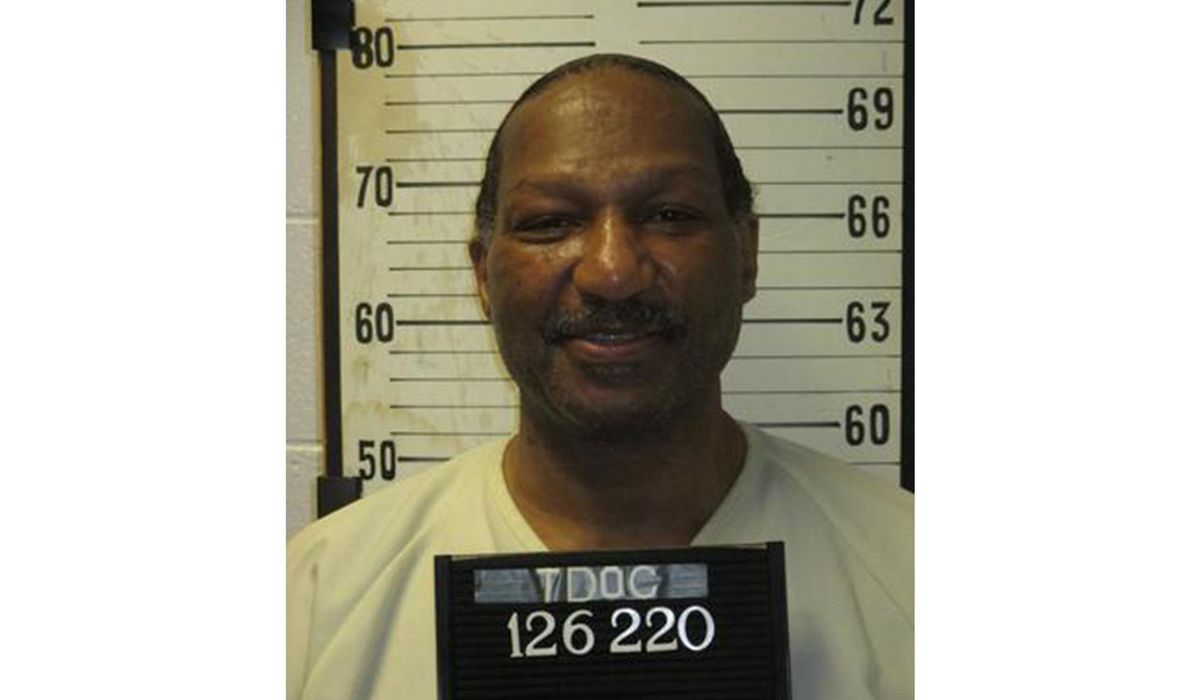

Tennessee judge gives state leeway on deactivating inmate’s heart-regulating device before execution

NASHVILLE, Tenn. — A Tennessee judge ruled on Tuesday that the state can deactivate a death-row inmate’s implanted heart-regulating device at a hospital on the morning of his execution, rather than bringing a doctor or technician into the execution chamber.
The ruling comes after Deputy Attorney General Cody Brandon told the judge they could not comply with an earlier order requiring Byron Black’s implanted cardioverter-defibrillator to be turned off just prior to the injection of a lethal dose of pentobarbital on Aug. 5. In the Friday order, Davidson County Chancery Court Judge Russell Perkins agreed with Black’s attorneys that not deactivating the device could cause Black to suffer needlessly as it continuously shocks him in an attempt to restore his heart’s normal rhythm during the execution.
At a Tuesday hearing on the issue, Brandon said Black’s physicians at Nashville General Hospital are unwilling to come to the execution chamber. That means the Friday chancellor’s order is, in effect, an order to stay the execution, which only the Tennessee Supreme Court has the power to do, he argued. Brandon asked the judge to either overturn his Friday order or allow the Tennessee Department of Correction to take Black to the hospital for the deactivation on Aug. 4.
Kelley Henry, who represents Black, argued that the state should not be allowed to deactivate the device prematurely because doing so could result in Black’s death while he still has the possibility of a last-minute reprieve.
“ On August 4, we will still be in other courts seeking a stay of execution,” Henry said.
She also said state officials had not really tried to find a doctor willing to come to the prison. She first brought the issue up with the Tennessee Department of Correction in early June, but it was not until the Friday order that they began to look into it, and then they only contacted Nashville General Hospital.
“It’s like when you tell a teenager to clean up their room, and they pick up one sock,” she said.
The implantable cardioverter-defibrillator is a small, battery-powered electronic instrument, surgically implanted in the chest, that serves as a pacemaker and an emergency defibrillator. Perkins noted in court on Tuesday that during a two-day hearing last week on the issue, a doctor testifying for Black said that deactivating the device is quick and doesn’t require surgery, only a handheld machine. Meanwhile, the state did not present any testimony at the time that deactivation would be an administrative or logistical burden.
In modifying his own order on Tuesday, Perkins wrote that it is obvious the state has “taken only minimal steps” to comply with his Friday order. However, Perkins said he also wants to ensure that his ruling can’t be construed as an attempt to interfere with the execution.
“I’ve lost sleep over this because I want to do the right thing,” Perkins said at the hearing. “I want to honor the memories of these victims” while also making sure the execution is properly carried out.
Black was convicted in the 1988 shooting deaths of girlfriend Angela Clay, 29, and her two daughters, Latoya, 9, and Lakeisha, 6. Prosecutors said Black was in a jealous rage when he shot the three at their home. At the time, Black was on work-release while serving time for shooting and wounding Clay’s estranged husband.
“Had she not been killed, Lakeisha would be in her 40s today,” Brandon told the judge on Tuesday. “Justice has waited 37 years. It should not wait any longer.”
Black’s motion related to his heart device came within a general challenge he and other death row inmates filed against the state’s new execution protocol. The trial isn’t until 2026.
